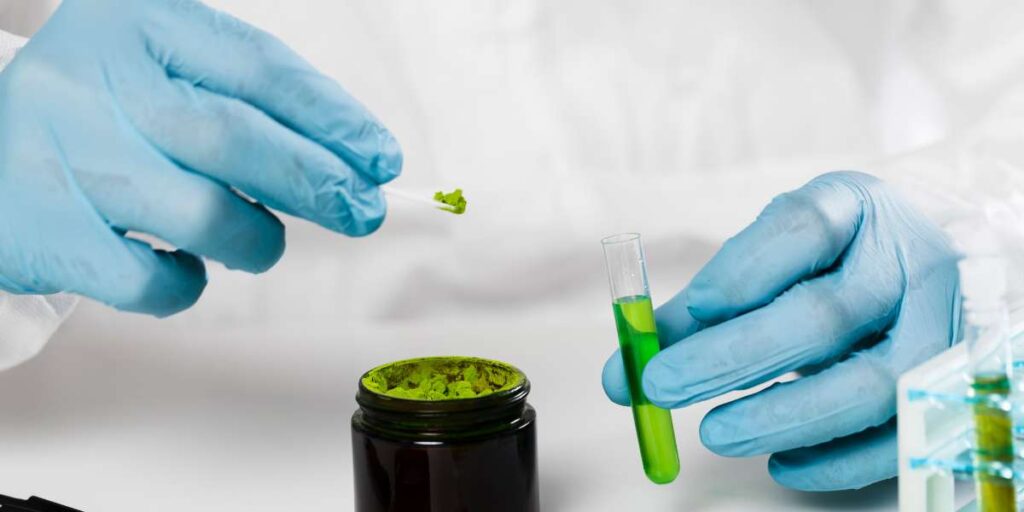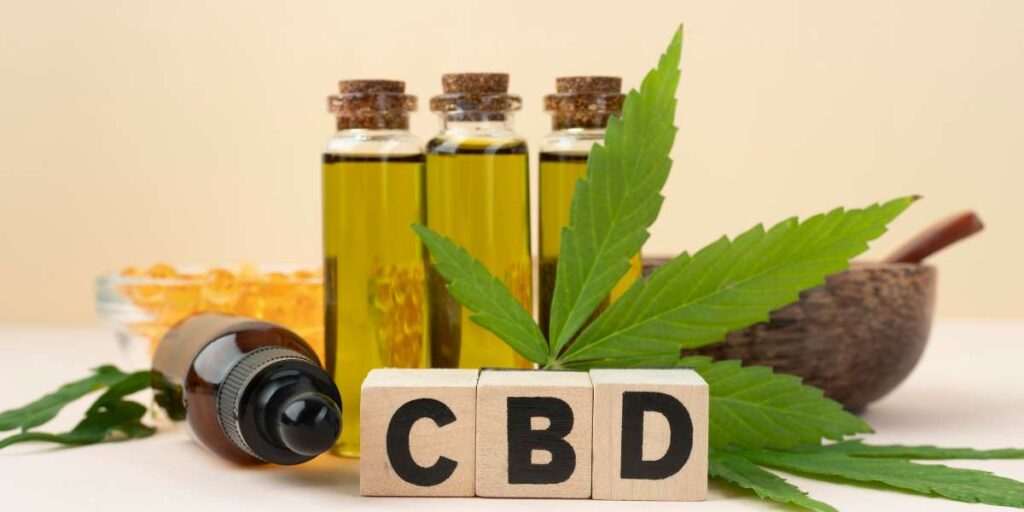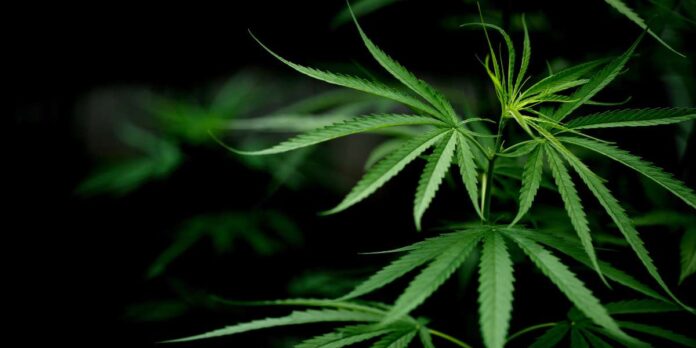Numerous competing theories and some supporting data point to a connection between CBD and thin blood. It has long been believed that CBD thins the blood. Although many people have claimed to have this adverse effect after using CBD, there is no solid scientific evidence to support a connection between the two. Some users may notice that their complexion becomes paler or that they have increased bleeding and other indicators of bleeding. It is thought that this may be caused by their blood becoming thinner. It has been hypothesized that the blood thinning users claim to experience is caused by the CBD preventing blood from clotting.
What Constitutes CBD Chemically?

Cannabis plants contain a molecule called CBD, which is composed of:
- Cannabis’ non-psychoactive ingredient is cannabidiol.
- It is allowed to buy hemp (a kind of cannabis) in all 50 states as long as it comes from industrial hemp plants rather than marijuana plants with more tetrahydrocannabinol (THC) by weight.
- Cannabinoids are substances that act similarly to neurotransmitters in the body’s endocannabinoid system, reducing inflammation and preventing the transmission of pain signals to the brain.
The CBD Effects On Blood
Along with other cannabinoids, including tetrahydrocannabinol (THC) and cannabinol (CBN), cannabidiol is a cannabinoid in Cannabis sativa. Instead of having the same euphoric effects as THC, CBD may provide holistic health advantages for things like pain, anxiety, and sleep, among others. In terms of its impact on blood, CBD has no appreciable effects on blood coagulation. Instead, CBD has been shown to work on the blood arteries to enlarge or vasodilate them. Although this action may increase blood flow, it does not impact the underlying causes of blood clots or the dangers that come with them. Blood clots often develop due to a complicated process involving platelets and clotting factors. Blood clots are primarily of concern because they can restrict blood flow, resulting in issues like deep vein thrombosis (DVT), pulmonary embolism, or stroke. Anticoagulants or blood thinners are frequently used in blood clot treatment to assist the body in dissolving existing clots and stopping the formation of new clots.
How Safe Is CBD?
CBD can cause nausea, tiredness, and irritability as side effects. CBD can boost their concentration in your blood by fighting for the liver enzymes that break down blood thinners and other medications. Similar results are seen while using grapefruit and several drugs. However, blood tests relating to the liver may reveal abnormalities in those taking large dosages of CBD. This effect is shared by several over-the-counter medications, including acetaminophen (Tylenol). So, if you consistently use CBD, you should inform your doctor.
The fact that CBD is primarily marketed and sold as a supplement rather than a medicine raises serious safety concerns. The FDA does not currently have any laws governing the purity and safety of dietary supplements. As a result, you cannot be sure that the product you purchase has the active chemicals in the dosage indicated on the label. The item may also include unidentified components. The optimal therapeutic dose of CBD for any specific medical condition is likewise unknown.
What Is the Safest Way to Use CBD If Blood Thinners Are Also Being Used?
There are numerous applications for CBD:
- Orally: isolates, soft gels, under the tongue, and oils
- Inhalation: Sprays, inhalers, liquids, and extracts
- Creams and lip balms are topical.
- Since everyone’s reaction to CBD can differ…
Following your doctor’s advice and recommendations is the safest approach to utilize CBD in addition to your current pharmaceutical regimen. Your doctor will be familiar with your medications and how to balance them carefully. If necessary, blood tests can be used to verify this before starting.
When Does Blood Thinning Become Necessary?

Blood thinning isn’t usually a sign of something wrong with your health. Your physician might advise blood thinning as necessary if you:
- Possess a blood clotting condition, such as hemophilia.
- Severe bleeding episodes that last a long time.
- A history of deep vein thrombosis (DVT) or recurring blood clots in the lungs.
- They are slated for surgery and will remain on a long-term pharmaceutical regimen for at least six weeks following the procedure.
- Are sensitive to developing blood clots after giving birth.
- For cancer or other diseases, they are undergoing chemotherapy.
- Possessing a prosthetic joint, an artificial heart valve, or any other medical device that could become loose due to blood flow through the circulatory system is a condition known as thromboembolism.
Discussing a suitable blood thinning treatment with your doctor is an excellent choice if you have any of these conditions.
When Should Blood Thinning Be Avoided?
In some circumstances, it may be preferable for your health and well-being if you avoid purposefully weakening the blood. The following justifications for avoiding blood thinners:
- If you are expecting,
- If you struggle with a bleeding disorder
- If you use blood thinners for any other medical conditions,
- If you have an illness that is still active, like HIV or hepatitis B
- If your physician has advised you not to take any medications that could thicken your blood or slow down clotting
- If there is a likelihood that surgery will be required soon
- If you’re in a risky situation, blood thinning could be fatal.


